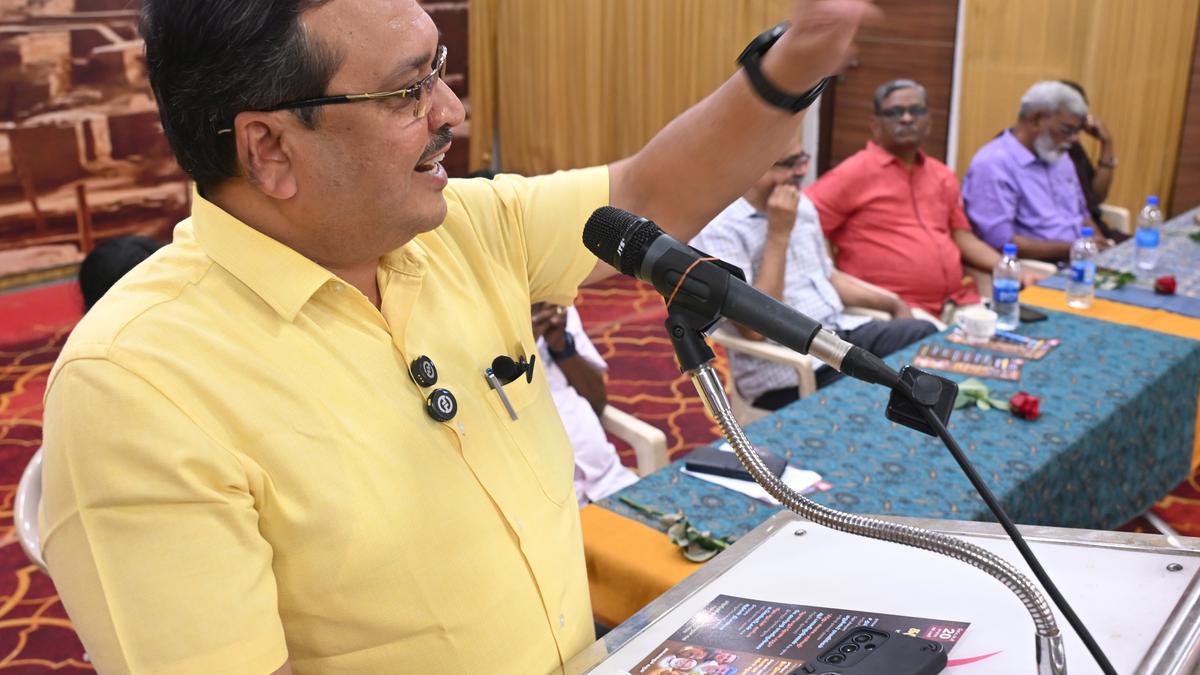Now Reading: Mass Shrimp Deaths in Godavari Linked to EHP Parasite: SIFT Experts
-
01
Mass Shrimp Deaths in Godavari Linked to EHP Parasite: SIFT Experts
Mass Shrimp Deaths in Godavari Linked to EHP Parasite: SIFT Experts

Swift Summary
- A parasitic disease, Enterocytozoon hepatopenaei (EHP), has been identified as the cause of shrimp mortality and stunted growth in the Godavari region.
- Scientists from SIFT-Kakinada confirmed EHP in shrimp samples collected from affected ponds, impacting approximately 50,000 acres of shrimp farms.
- The infection is thought to spread through seed transportation and pond contamination.
- Farmers are advised to harvest all shrimps and let ponds dry for several weeks before beginning new farming cycles to eliminate EHP.
- Dr. B.R. Ambedkar konaseema District Collector R. Mahesh Kumar urged farmers to send shrimp and water samples for testing at SIFT-Kakinada to mitigate losses.
- Local fisheries officials are actively monitoring the outbreak.
indian Opinion Analysis
The identification of Enterocytozoon hepatopenaei (EHP) represents a critical challenge for India’s aquaculture sector, notably in regions dependent on shrimp farming like Godavari. With over 50,000 acres impacted, this outbreak underscores vulnerabilities related to biosecurity measures during transportation and pond maintenance practices. immediate actions-such as drying infected ponds-offer a short-term solution but highlight the need for long-term strategies including stricter regulation of hatcheries’ seed quality.
Shrimp farming constitutes a important portion of India’s seafood exports; thus, addressing these outbreaks promptly will be essential not just economically but also environmentally due to risks associated with poorly managed pond remediation efforts if unchecked diseases continue spreading statewide or beyond coastal clusters.
for more facts:























